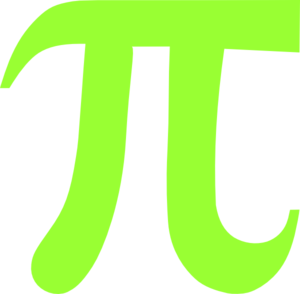
In an earlier post, I talked about adding numbers/quantities together with the sigma sum notation.
We had  , be replaced by
, be replaced by

In this post, the focus is on the multiplication case. Instead of having  , you would use
, you would use

The big Pi symbol above is used to represent a product of numbers.
The Pi Product Notation
Suppose you have the expression  .
.
In terms of product notation, this can be represented as:

The starting number is when k = 2 which would be just 2. Then you increase the index variable k by one each time you get the next number. When k is 3 you have the next number as 3. Continue this process until you have the upper limit of k = 10.
(The above example is an example of an ascending factorial. You can start the index at k = 1 instead of k = 2.)
Variables With Subscripts Case
Consider the case where you multiply the following:

The subscripts keep increasing by 1. The above can be represented in product notation as:

I have used a different index variable which is j. (You could use other common letters like i, or k.)
A Few Algebra Applications
Exponent Laws
The following expression

can be expressed as  . The
. The n represents the number of twos in the product. In Pi product notation, the above can be represented as:
If you have something like  , it can be expressed as
, it can be expressed as

Logarithms
In this example, I use the natural logarithm where  .
.
One property of logarithms is where the logarithm of a product is the sum of the logarithms with separate components.

The general case for logartihms would be as follows:

- A more complicated application that uses the Pi Product notation is the Lagrange Interpolating Polynomial for fitting a polynomial to points.
This post was created in RMarkdown with the math text/images created with QuickLaTeX.com. (Markdown does not support LaTeX here.)